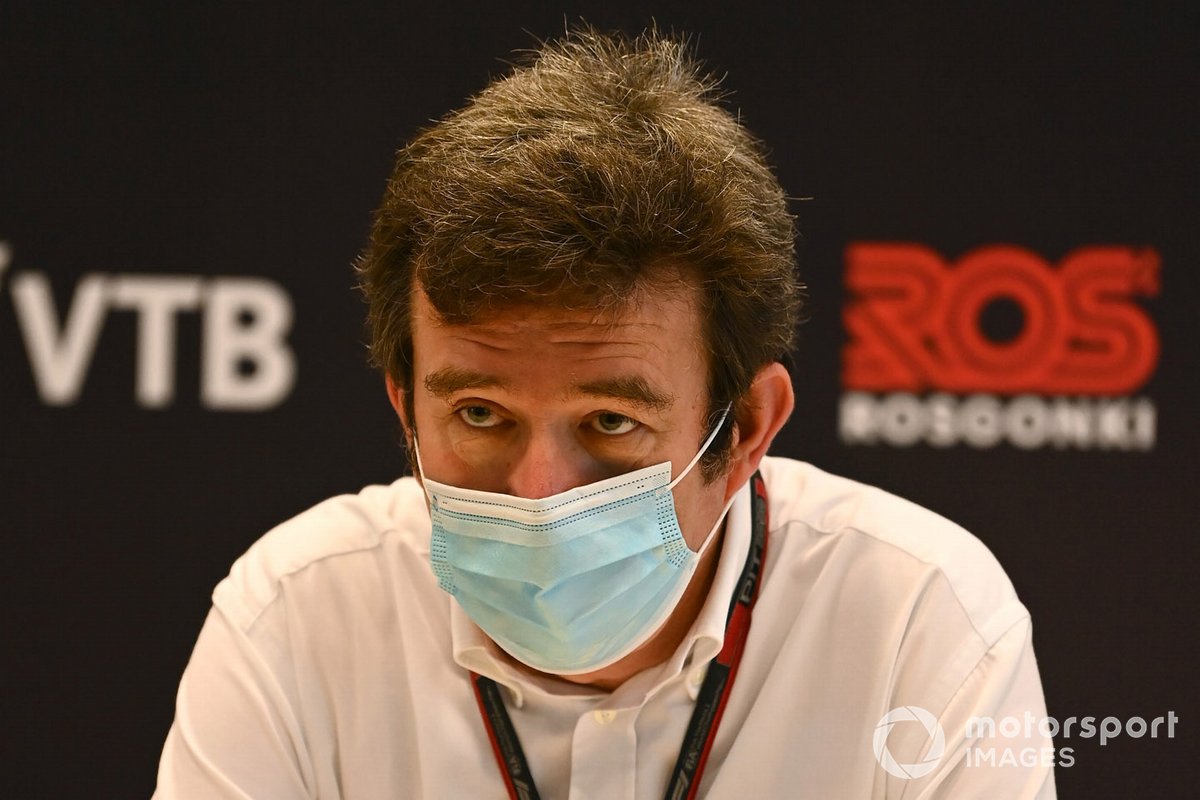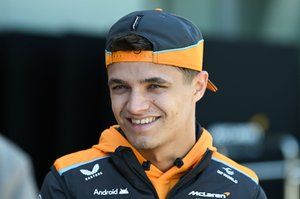F1's COVID-19 protocols mean it can now race 'anywhere', says FIA
The FIA believes the COVID-19 protocols it has put in place means that Formula 1 can now feel comfortable racing 'anywhere' governments allow it in.

Photo by: Glenn Dunbar / Motorsport Images
Following intense efforts from motor racing’s governing body and F1’s owner Liberty Media, the sport has been able to pull together a full calendar of events since racing resumed in Austria in July.
Having included intensive triple headers, plus the extra logistical challenge of a Russian GP flyaway, there is confidence that the procedures in place can see it host an event wherever in the world now.
Bruno Famin, the FIA’s director of operations who is in charge of the governing body’s Covid protocols, has faith that as long as governments are happy to host F1, then the sport can hold an event in any country.
“For me the only problem is the travel restrictions from the government,” he told Motorsport.com in an exclusive interview.
“We have raced already in some countries or in some regions where the COVID situation was quite bad, and we managed it.
“I think the protocol and the people – because they are very professional – means that we have the evidence that the protocol works in all circumstances.
“The problem is the legal issue, the travel restrictions. If we have to quarantine or not, and if the local organiser has honoured the authorisation to build the event. That is the key point. It's not the protocol itself.
“I think with the protocol we can race everywhere, anywhere. But it depends on the authorisation and the possibility to travel there.”
F1 is hoping to pull together a more normal calendar next season, although it is unclear right now just how many of the regular events will be able to get the green light amid uncertainty about where the coronavirus pandemic will flare up over the next few months.
Famin said that in terms of planning for new rounds in the future, the FIA needs around six week's notice to get events operating.
“We always prepare four to six weeks before an event, having the first contact with the local organiser together with FOM,” he said.
“We have to organise the processes with the local authorities. We have to know how we're going to work with the testing company, and a testing lab.
“We have all these high density, low density, red zone, yellow zone areas to manage. And to know where are the limits, who is allowed to go where, how do we do the temperature check.
“It is all these details, then on the layout, on the testing process. After, it’s the official process in case of a positive case, and we are managing it with the local organiser.”

Bruno Famin
Although there has been an up tick in positive cases in recent weeks, mostly involving ancillary staff not connected to F1, the FIA or teams, Famin says that he is happy with where things are at.
“From the very beginning of the season after the Melbourne event, when we restarted in Austria, the challenge was not to avoid positive cases,” he said.
“It was of course to avoid as much as we can. But the main thing was to have processes, which enable us to keep racing, to keep doing the event, even having positive cases, without generating any outbreak within the paddock or within the local population. That was the challenge.
“Then having positive cases is just normal. The challenge is to be able to manage it, to identify the close contact, to isolate the close contact, to kill the beginning of possible outbreak without having more trouble. That's really the challenge, for all the events where we are going.”
Be part of Motorsport community
Join the conversationShare Or Save This Story
Related video
Subscribe and access Motorsport.com with your ad-blocker.
From Formula 1 to MotoGP we report straight from the paddock because we love our sport, just like you. In order to keep delivering our expert journalism, our website uses advertising. Still, we want to give you the opportunity to enjoy an ad-free and tracker-free website and to continue using your adblocker.














Top Comments